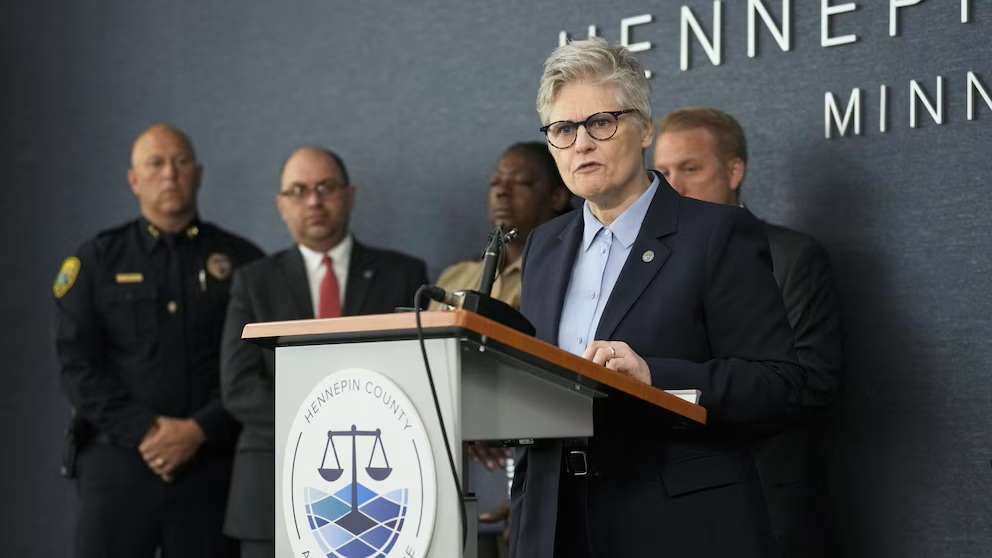Death Penalty in Minnesota: A Legal and Political Anomaly
Federal prosecutors have filed charges against Vance Boelter that could result in the death penalty—a rare possibility in Minnesota, which abolished capital punishment in 1911. The last execution in the state occurred in 1906, making this case a significant outlier.
Boelter is accused of fatally shooting former Democratic House Speaker Melissa Hortman and her husband, Mark, and wounding Democratic Sen. John Hoffman and his wife, Yvette. The attacks occurred early Saturday in the Minneapolis suburbs. He surrendered Sunday night following what authorities have described as the largest manhunt in state history.
Federal Charges Supersede State Prosecution
Although Hennepin County Attorney Mary Moriarty had prepared to prosecute Boelter on state charges, federal authorities intervened, taking custody of Boelter and filing more severe federal charges. Two of the six counts carry the potential for capital punishment.
“Will we seek the death penalty? It’s too early to tell,” said Acting U.S. Attorney Joseph Thompson, noting that Boelter’s actions were part of a meticulously planned attack targeting prominent Democrats. Boelter had allegedly compiled a list of potential targets, including lawmakers in other states.

Political Ramifications and Federal Momentum
The case comes in the wake of Attorney General Pam Bondi lifting a federal execution moratorium earlier this year. Bondi has already authorized capital punishment in multiple high-profile cases, including against the man charged with killing UnitedHealthcare CEO Brian Thompson.
President Donald Trump’s previous administration carried out 13 federal executions—the most of any modern presidency—setting a precedent for renewed use of capital punishment at the federal level.
State-Federal Tensions Rise Over Death Penalty Pursuit
The federal takeover of the case has caused evident tension with Moriarty, a former public defender and police reform advocate elected in the wake of George Floyd’s killing. At a press conference, Moriarty provided vague answers regarding coordination with federal officials and acknowledged, “there’s a tension.”
Despite the federal move, Moriarty said she will pursue first-degree murder charges in state court, which would carry life without parole. A judge issued a bench warrant when Boelter failed to appear in state court Monday due to being transferred to federal custody.
Legal Experts: “It’s Complicated”
Legal scholar Mark Osler, a death penalty expert at the University of St. Thomas School of Law and former colleague of Moriarty, noted the jurisdictional complexities.
“Usually murder cases are overwhelmingly handled in state courts,” Osler said. “But clearly this is something of national interest. And that seemed to play a role in the Justice Department’s decision.”
He added that prosecuting a death penalty case in a state that hasn’t supported capital punishment in over a century would be uniquely challenging for federal prosecutors.
What’s Next for the Case?
Boelter, now held at the Sherburne County Jail, is scheduled for his next federal court appearance on June 27. No further state court hearings have been scheduled yet.
Acting U.S. Attorney Thompson stressed that the state charges remain active, stating, “The federal charges will be litigated first, but the state charges won’t necessarily go anywhere.”
As legal and political scrutiny intensifies, experts hope that both jurisdictions can collaborate toward justice, despite the underlying tensions.
“There’s a natural competitiveness,” Osler concluded, “but you have to hope they’re all facing the same way when public safety is at stake.”






